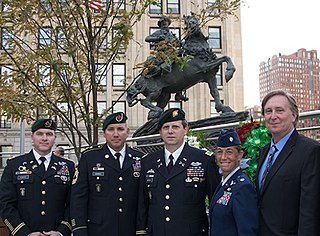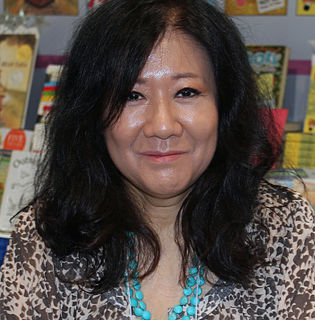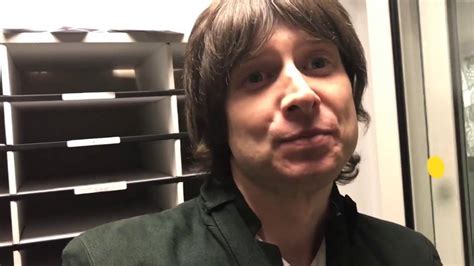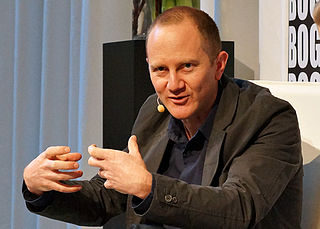A Quote by Doug Stanton
When I was writing my first book, 'In Harm's Way,' I witnessed the sense of sacrifice that those WWII veterans possessed. I was surprised that sometimes their grandchildren hadn't talked to them about the historic events of that night in July 1945, when the USS Indianapolis went down.
Related Quotes
When I was first writing 'Feed' - which was the first book I published as Mira - I talked about it very openly on my blog, on Twitter, that I was writing this book, and it wasn't until after it was sold that I said 'Mira Grant' wrote this book. And the reason there was really purely marketing-based.
'Life's That Way' was an extraordinarily difficult book to write, because it wasn't written as a book. It was written as a journal of events that were happening as I wrote it, without the space or time either to digest or analyze those events and without the hindsight and peace that writing in the aftermath would have provided.
Lifes That Way was an extraordinarily difficult book to write, because it wasnt written as a book. It was written as a journal of events that were happening as I wrote it, without the space or time either to digest or analyze those events and without the hindsight and peace that writing in the aftermath would have provided.
Today at Pearl Harbor, veterans are gathering to pay tribute to the young men they remember who never escaped the sunken ships. And over the years, some Pearl Harbor veterans have made a last request. They ask that their ashes be brought down and placed inside the USS Arizona. After the long lives given them, they wanted to rest besides the best men they ever knew. Such loyalty and love remain the greatest strength of the United States Navy.
At the time I was writing 'Weedflower,' my friend Naomi Hirahara was writing a book about Japanese-American flower farmers. She knew quite a few elderly farmers and put me in touch with four or five of them who had been in camps during WWII. Some, like my father, were reluctant to talk about their experiences.
Writing a book about Jeremy Corbyn, set out with two objectives. The first was simple: to explain how he became the leader of the Labour Party. I was disappointed - but not at all surprised - at the complete absence of intellectual curiosity on display. The second objective I had to try to capture for posterity the excitement and spirit of the first Corbyn campaign. Those moments when the impossible suddenly becomes possible are so powerful to those who experience them. I think it's politically valuable to relive such moments, to learn the lessons of what went right.
When I first met the survivors of the Indianapolis in 1999 while writing a book about them, their story - the last major action of World War II - was rarely mentioned in high school textbooks. This is despite the fact that, before its torpedoing, the ship had delivered components of the atomic bomb Little Boy to Tinian Island.
We always seem to be surprised by events, especially by catastrophes, but also by wonderful events. Look at 1990, the year that the Soviet Union collapsed and apartheid in South Africa collapsed and the Berlin Wall came down. I don't know anyone who foresaw those events. It seems to me that as a species we are constantly trying to adapt ourselves to the unexpected. In the meantime, we talk as if we are in control, and we're not. This seems to me to be the truth about the twentieth century.
That doesn't make any sense. Sorry. There's no known way of saying an English sentence in which you begin a sentence with "in" and emphasize it. Get me a jury and show me how you can say
"In July" and I'll go down on you. That's just idiotic, if you'll forgive me for saying so. It's just stupid... "In July"; I'd love to know how you emphasize "In" in "In July". Impossible!
Meaningless!
I conduct very few interviews with veterans. The contemporaneous, or near-contemporaneous, record for WWII is so spectacularly deep that latter-day recollections are largely unnecessary for a historian. Of course, in considering any account, I'm looking for additional sources that can confirm or enlarge that version of events.
In historic events, the so-called great men are labels giving names to events, and like labels they have but the smallest connection with the event itself. Every act of theirs, which appears to them an act of their own will, is in an historical sense involuntary and is related to the whole course of history and predestined from eternity.




























